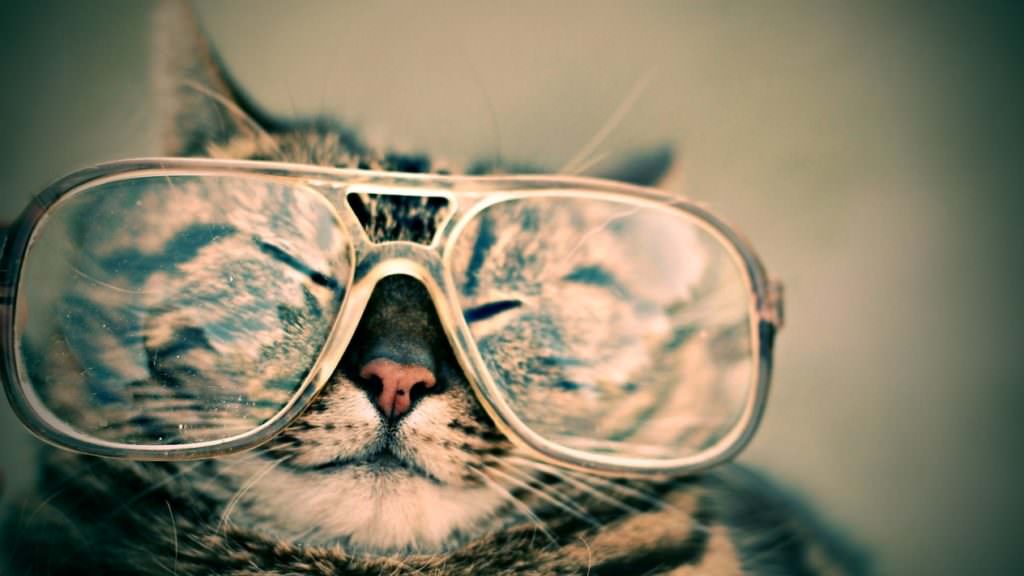Cancer – the dreaded diagnosis every cat owner fears; yet roughly 30% of our cats will be diagnosed with cancer at some point in their lives.
We can do everything possible to prevent this terrible disease from rearing its head, but there are so many factors out of our control that we can never be sure it won’t happen. Perhaps the only good thing about feline cancer is that so many people can empathize – which simply means that they can offer their story, support and guidance along your journey. Remember that cancer is not an immediate death sentence, regardless of what kind your cat has. There will be some major decisions to be made on your part. These are some of the things that help pet parents overcome the diagnosis.
#1 – Do What’s Right For You & Your Cat
If and when your cat is diagnosed with cancer, you will have to decide whether or not you want to treat it. This is perhaps the most important decision you will make and it’s essential that you understand that there is no right or wrong answer. This a decision that only you and your family can make – no friends, acquaintances or strangers should sway your decision. Treating cancer is expensive, time consuming, has many ill side effects and may or may not offer much recovery. Discuss the options with your veterinarian, consider your cat’s age and overall well-being, your financial situation, your emotional state, and anything else that you need to determine what’s best for you, your cat and your human family. No one should ever guilt you into treating or not treating your cat. Treatment is a journey that has many unknowns. The most important thing is the quality of life for you and your cat. Take as much time as you need to make your decision and be confident that you made the right choice, no matter what you decide in the end.

#2 – Get A Medical Team
If you decide you’re going to treat your cat, you’re going to need an incredible medical team. Veterinary oncologists are veterinarians that specialize in cancer, just like human oncologists treat cancer in humans. Your medical team will consists of your primary veterinarian, your oncologist and their entire crew – the technicians, front desk staff, interns and colleagues and more. Take the time to find the right hospital for you and your cat, go over all of the treatment options in detail and determine what the best plan of action is for your cat. Your veterinary team should be able and willing to answer any and all questions you may have, from the treatment and prognosis of your kitty’s cancer to what supplements and foods are safe to eat. You should feel comfortable and secure with your oncologist and their office.
#3 – Find Support
While there might not be any local support groups for feline cancer, we’re lucky enough to live in the age of the internet where there are countless support groups online. With such a high rate of cancer in our cats, you are guaranteed to find someone going through the same struggle as you are. There are hundreds of thousands of cat lovers out there who are treating or have lost a beloved pet to cancer and they are likely to welcome you with open arms. Surround yourself with positive people who can understand the pain you’re going through. Avoid “friends” who are frustrated with your emotions over something they think is “just a cat.” Our cats are family and we need to circle ourselves with people who are going to understand and appreciate the difficult times you are facing.


